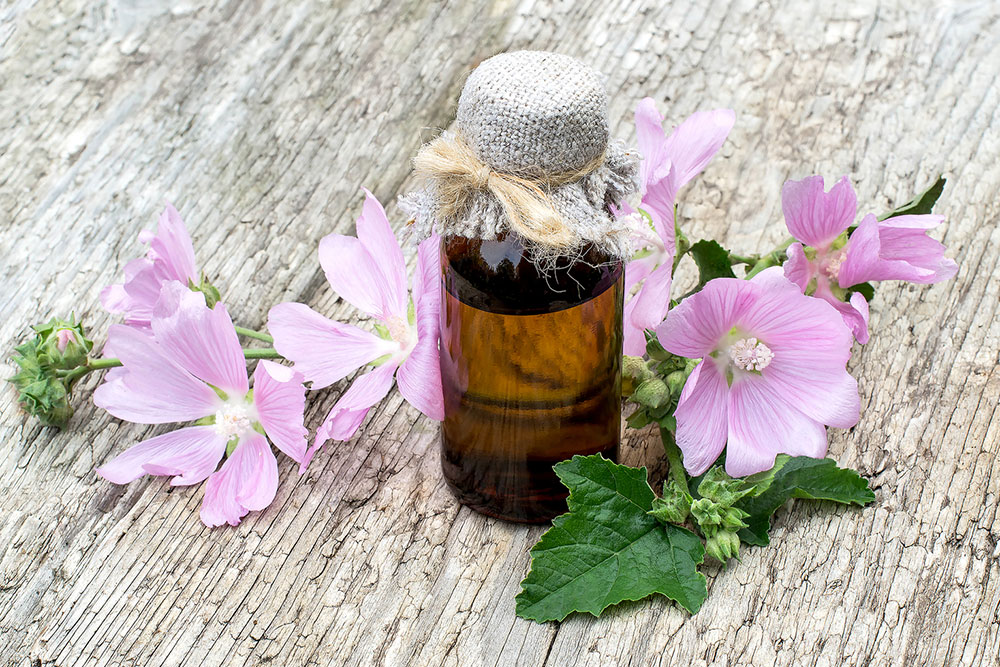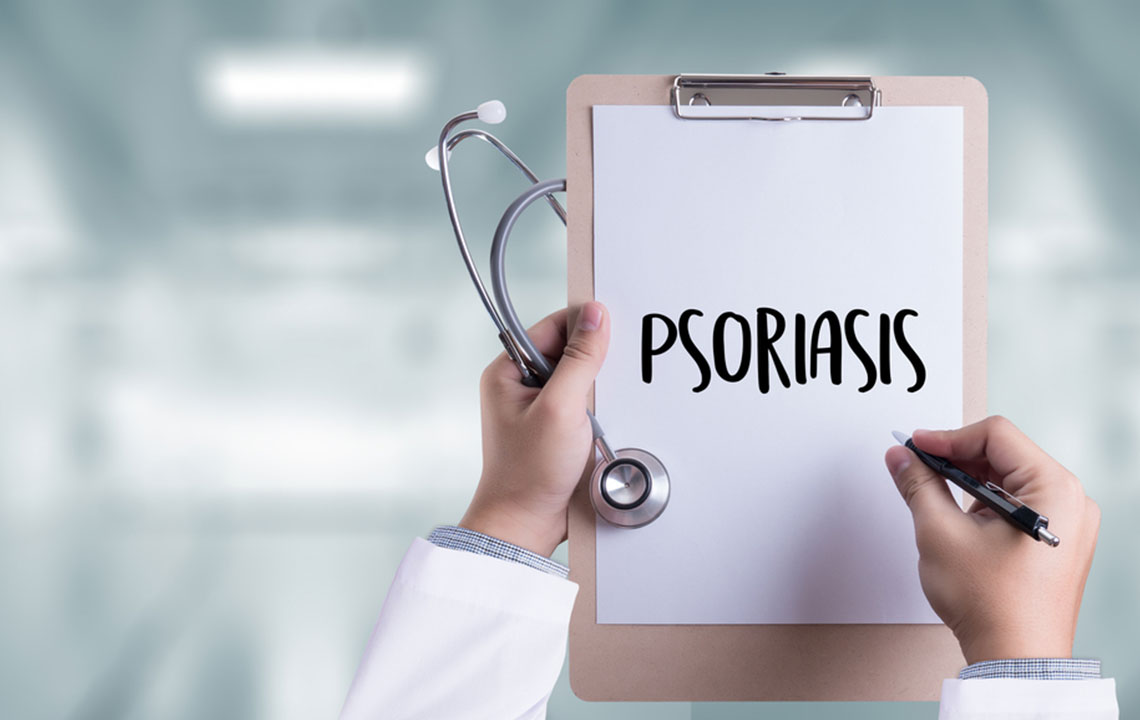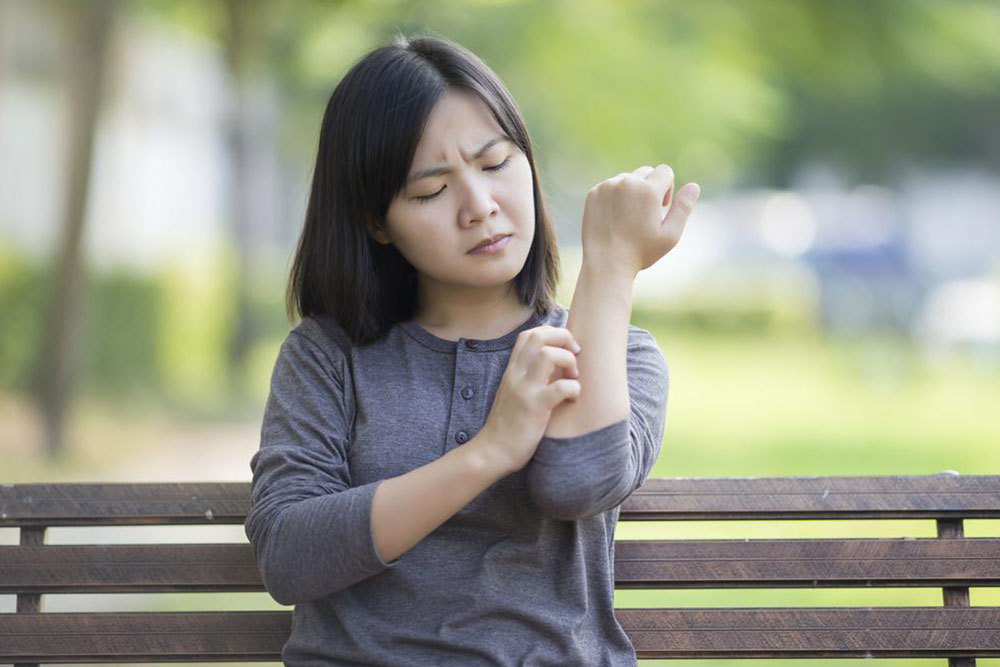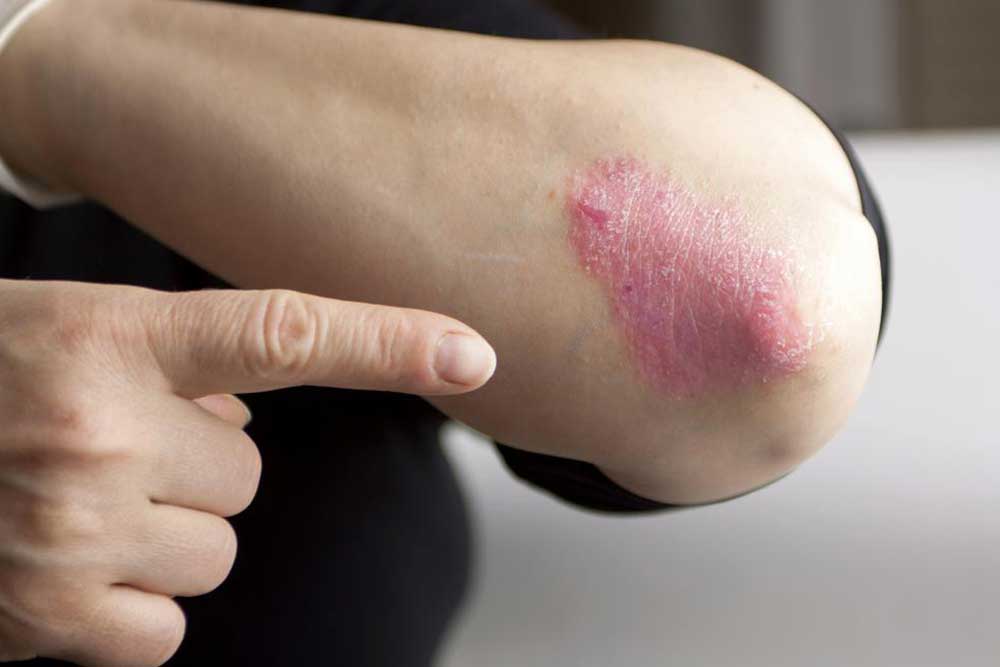Comprehensive Guide to Managing Psoriasis Flare-Ups with Effective Medications and Home Remedies
This comprehensive guide explores effective treatments and natural remedies for managing psoriasis flare-ups. It covers medications like biologics, phototherapy, lifestyle adjustments, diet tips, and stress management strategies. The article emphasizes personalized care and holistic approaches to help patients control symptoms, prevent flare-ups, and improve quality of life with expert advice and practical tips.

Comprehensive Strategies for Managing Psoriasis Flare-Ups with Medications and Home Remedies
Psoriasis is a complex, chronic autoimmune skin condition that affects millions of people worldwide. Characterized by red, scaly patches on the skin, it results from an accelerated skin cell cycle leading to inflammation and irritation. While there is currently no cure for psoriasis, various treatment options and lifestyle modifications can significantly alleviate symptoms and reduce the frequency and severity of flare-ups. Understanding how to effectively manage this condition involves a combination of medical therapies and natural home remedies tailored to an individual's needs. This comprehensive guide explores the most effective strategies to control psoriasis flare-ups, including detailed information on medications, lifestyle adjustments, and holistic approaches.
Understanding Psoriasis and Its Triggers
Before diving into treatment options, it’s important to understand what triggers psoriasis flare-ups. Common triggers include stress, infections, skin injuries, cold or dry weather, certain medications, smoking, and excessive alcohol consumption. Identifying and avoiding these triggers can play a crucial role in preventing flare-ups and maintaining skin health.
Medical Treatment Strategies for Psoriasis
Effective management of psoriasis often requires a personalized treatment plan developed in consultation with a healthcare provider. These plans typically involve topical treatments, systemic medications, phototherapy, and sometimes biologic therapies. Here’s an overview of the most commonly prescribed treatments:
Topical Treatments
For mild to moderate psoriasis, topical treatments are often the first line of defense. These include:
Corticosteroid creams and ointments: Reduce inflammation and itching effectively, but should be used under medical supervision to avoid skin thinning.
Vitamin D analogs: Such as calcipotriol, which help slow down skin cell growth.
Coal tar preparations: Have been used for decades to reduce scaling, although they may have an odor and staining.
Salicylic acid: Helps remove scales and promotes smoother skin.
Moisturizers and Emollients: Keep skin hydration levels high, reducing irritation and scaling.
Phototherapy (Light Therapy)
Phototherapy involves exposing affected skin to natural or artificial ultraviolet (UV) light under medical supervision. This method can help diminish immune system activity in the skin, leading to symptom relief. Types of phototherapy include narrowband UVB therapy and PUVA (psoralen plus UVA). Regular sessions can significantly improve skin appearance, especially in more extensive cases.
Systemic Medications
For severe or refractory psoriasis, systemic medications are prescribed. These include:
Biologic therapies: Such as Skyrizi (risankizumab), Stelara (ustekinumab), Taltz (ixekizumab), and Tremfya (guselkumab). These target specific immune pathways involved in psoriasis, providing long-lasting relief.
Immunosuppressants: Like methotrexate and cyclosporine, which suppress the immune response but require close monitoring due to potential side effects.
Oral retinoids: Such as acitretin, useful for severe cases but associated with significant side effects and teratogenic risks.
Other medications: Including apremilast, which modulates immune response with fewer side effects.
Always seek medical advice before initiating any systemic therapy, as these drugs can have serious side effects and require regular monitoring.
Additional Treatment Considerations
In some cases, a combination of therapies offers the best results. Regular consultations with a dermatologist are essential to tailor the treatment plan effectively and adjust therapies according to disease progression and response.
Home Remedies and Lifestyle Adjustments to Ease Psoriasis Symptoms
In addition to medical treatments, lifestyle modifications and home remedies can play a vital role in managing psoriasis. These approaches focus on reducing inflammation, maintaining skin hydration, and minimizing exposure to triggers.
Self-Care Practices for Psoriasis Management
Gentle cleansing: Use mild, fragrance-free cleansers instead of harsh soaps that can strip skin of moisture.
Moisturizing regularly: Applying thick creams or ointments immediately after bathing helps lock in moisture and reduce dryness and scaling.
Warm baths: Soaking in lukewarm water with Epsom salts, mineral oils, or colloidal oatmeal can soothe irritated skin and help remove scales gently.
Proper skin protection: Avoid skin injuries, cuts, and abrasions, which can trigger new psoriasis patches.
Dietary and Nutritional Strategies
While diet alone cannot cure psoriasis, some dietary modifications may reduce flare-ups and support overall health:
Anti-inflammatory foods: Incorporate omega-3 fatty acids found in fish like salmon, flaxseeds, and walnuts.
Turmeric: Rich in curcumin, turmeric has anti-inflammatory properties and can be added to meals or taken as a supplement after medical advice.
Avoid triggers: Limit alcohol consumption and processed foods that may promote inflammation.
Stress Management and Psychological Support
Stress is a well-known trigger for psoriasis flare-ups. Techniques such as mindfulness meditation, yoga, breathing exercises, and regular physical activity can help reduce stress levels. Seeking support from mental health professionals or support groups can also provide emotional relief and practical coping strategies.
Additional Holistic Approaches
Aromatherapy: Certain essential oils like frankincense and lavender may help reduce inflammation when used safely.
Acupuncture: Some individuals find relief through acupuncture, although scientific evidence varies.
Maintaining a healthy lifestyle: Regular exercise, adequate sleep, and avoiding smoking can significantly impact psoriasis management.
It is important to always consult healthcare providers before starting any new treatments or making significant lifestyle changes. Personalized care ensures safety and effectiveness.
Final Thoughts
Managing psoriasis effectively requires a comprehensive approach that combines medical treatments with lifestyle modifications and holistic remedies. Recognizing triggers, adhering to prescribed therapies, and making healthy lifestyle choices can help reduce flare-ups and improve quality of life. Patients should work closely with dermatologists to tailor strategies and monitor progress, ensuring an optimal balance between control and comfort.





